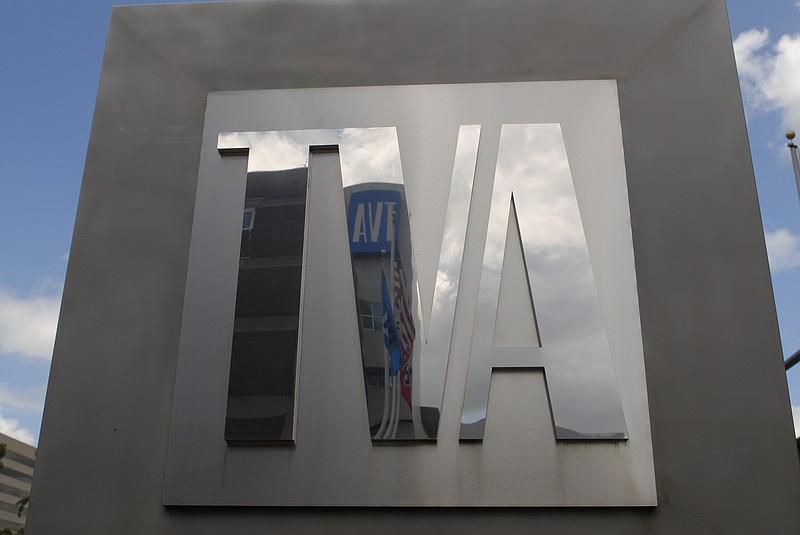A federal judge has refused to dismiss a legal challenge to TVA's grid access charge, which environmental groups claim violates federal environmental rules by discouraging the economics of individual customers developing more of their own solar, wind or other renewable power generation.
U.S. District Court Judge Liles C. Burke on Monday denied a request from TVA to dismiss a lawsuit filed last September challenging TVA's adoption of a pricing schedule that raises the fixed fees to get TVA-generated power. A coalition of environmental groups, including the Center for Biological Diversity, the Alabama Center for Sustainable Energy, Friends of the Earth and the Southern Alliance for Clean Energy, charged that TVA's grid access charge and related cuts in solar purchase payments combined to discourage investments in solar energy systems, energy efficiency measures and other forms of distributed energy.
Calling TVA's pricing plan the "2018 Anti-Solar Rate Changes," the plaintiffs said the federal utility violated the National Environmental Policy by concluding the change would not have a negative impact on the environment.
"Because these changes will have significant environmental impacts, TVA may not implement these rate changes, or decide whether to impose them, without first completing an Environmental Impact Statement," Huntsville, Alabama attorney R. Davis McDowell argued last year in a 26-page complaint against TVA before the changes were implemented.
TVA began imposing the grid access charges last October and sought to dismiss the lawsuit, claiming that the plaintiffs lacked the legal authority to challenge the rate making authority invested by Congress with the TVA board of directors.
But as a federal agency, TVA is required to conduct environmental reviews of policies or programs that may impact the environment. TVA conducted an environmental assessment of the change, but did not undergo a full-blown Environmental Impact Study with public hearings and extensive policy reviews.
TVA said it adopted the grid access charge to ensure that all customers, including those who generate some of their own solar or wind power to supplement TVA's power, contribute fairly to TVA's infrastructure which ensures reliable power whether or not the sun shines or the wind blows.
TVA lowered its variable rates last year to offset the grid access charge to the change did not result in a net gain in revenues for the utility. But the environmental groups said such rate restructuring limits the price competitiveness of self-generated solar or wind power, especially after TVA also cut what the premium price it previously paid to buy distributed solar and other renewable power from customers who generate such power.
TVA conducted an environmental assessment of its grid access charges and other changes last year and concluded they would not have any significant environmental impact. But those suing TVA contend the change will limit solar power and thereby maintain more burning of fossil fuels to generate power, raising carbon and other emissions by TVA.
"While it is certainly true that the plaintiffs' claims require speculation, that is not necessarily fatal at the motion-to-dismiss stage " Burke said in his ruling to allow the lawsuit to proceed.
TVA estimates more than 60% of its costs are fixed to maintain its electric grid and the generation capacity to ensure it can meet the power demand for nearly 10 million people in its 7-state region. Even with the grid access charge, only a small portion of utility bills are fixed.
But critics of the fixed fees adopted last year argue that they hurt those who invest in and generate some of their own power because they have to pay the same fixed fee as customers who rely entirely upon TVA for power.
The Center for Biological Diversity's associate conservation director, Jean Su, called the grid access feel "outlandish" and said it will "penalize people working hard to save energy and money and reward those who run up electricity bills.
As a result, Su said the higher fixed fee "forces customers to prop up dinosaur power plants just when we desperately need clean energy progress."
TVA insists the pricing change is more equitable and prices power better in relation to its costs. At the same time, TVA says it has already cut its carbon emissions by 55% from the 2005 peak and expects to cut is carbon dioxide production by 2030 to 70% less than the 2005 level.
Contact Dave Flessner at dflessner@timesfreepress.com or at 757-6340.
